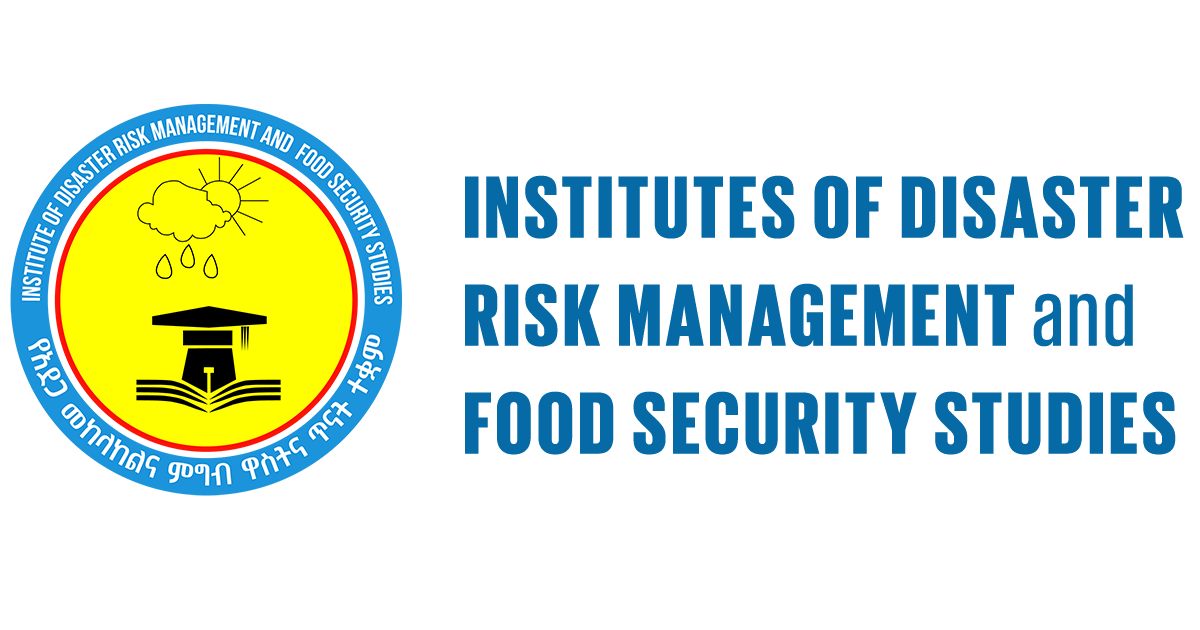Bahir Dar University, Institute of Disaster Risk Management and Food Security Studies
University of Juba, College of Agriculture and Natural Resource Management
and
University of Hargeisa, College of Agriculture and Veterinary Science
Joint Regional Master Program (
Background: The Horn of Africa faces persistent vulnerability to diverse natural and human-induced risks—from droughts and floods to social conflicts and environmental degradation—that threaten lives and undermine food security. To build resilient communities and sustainable food systems, the region urgently requires specialized knowledge, skills, and institutional capacity. In response, educational institutions from Ethiopia, South Sudan, Somaliland, and the Netherlands partnered to establish the Joint Regional Master’s (JRM) Program in Disaster Risk Management (DRM) and Food Systems Resilience (FSR), supported by the Kingdom of the Netherlands through Nuffic.
Rationale: This multi-disciplinary program addresses the region’s critical need for professionalization in disaster preparedness and sustainable development. Anchored in global frameworks like the Sendai Framework, the SDGs, and Africa Agenda 2063, the curriculum is designed to strengthen technical and strategic capacity across all phases of the DRM cycle, while simultaneously enhancing resilience within food systems. It draws from diverse academic expertise to shape practitioners who are regionally grounded yet globally informed.
Goal: The JRM program aims to produce a new generation of high-quality professionals equipped to tackle complex challenges in DRM and FSR across the Horn of Africa. Graduates will be expected to contribute effectively through integrated policy, research, and community-driven approaches—helping to build inclusive, adaptive, and resilient food systems in one of the world's most risk-prone regions.
